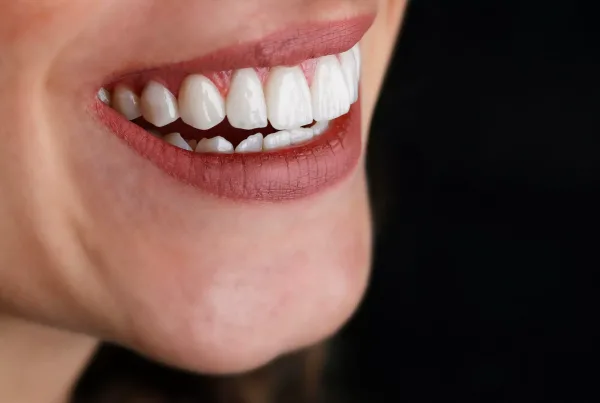Smoking has significant negative effects on oral and dental health. Tobacco products, including cigarettes, cigars, and smokeless tobacco, can have detrimental effects on the mouth, teeth, gums, and overall oral hygiene. Here are some of the effects of smoking on oral and dental health:
- Stained Teeth: Smoking can cause yellowing and staining of teeth, leading to a less attractive smile.
- Bad Breath: Tobacco use can contribute to persistent bad breath (halitosis) due to the chemicals and compounds in tobacco products.
- Gum Disease (Periodontal Disease): Smoking is a major risk factor for gum disease. It reduces blood flow to the gums, impairs the immune system’s response to infection, and interferes with gum tissue healing. Smokers are more likely to have advanced gum disease, which can lead to tooth loss.
- Tooth Decay: Smoking can increase the risk of tooth decay due to reduced saliva production, which is necessary to neutralize acids in the mouth and protect tooth enamel.
- Oral Cancer: Smoking is a primary cause of oral cancer. It can affect the lips, mouth, tongue, throat, and other parts of the oral cavity. Oral cancer is often diagnosed at advanced stages in smokers, making treatment more challenging.
- Slow Healing: Smoking slows down the body’s ability to heal, including healing after dental procedures like tooth extraction, gum surgery, or dental implants.
- Impaired Taste and Smell: Smoking can diminish the sense of taste and smell, affecting the ability to enjoy food and detect potential dangers, such as spoiled food.
- Reduced Blood Flow: Smoking reduces blood flow, which affects the overall health of the gums and supporting structures of the teeth. This can lead to a higher risk of infection and delayed wound healing.
- Compromised Immune System: Smoking weakens the immune system’s ability to fight off infections, including those that can affect the mouth and gums.
- Increased Plaque and Tartar: Smokers tend to accumulate more plaque and tartar on their teeth, increasing the risk of cavities and gum disease.
- Delayed Healing After Dental Procedures: Smokers may experience delayed healing after dental procedures like tooth extractions, oral surgeries, and dental implant placements.
- Compromised Success of Dental Treatments: Smoking can decrease the success rates of dental treatments, such as dental implants, due to the negative impact on healing and bone health.
Quitting smoking is one of the most significant steps you can take to improve your oral health and overall well-being. By quitting smoking, you can reduce the risk of oral diseases, improve the appearance of your teeth, and enhance your overall quality of life. If you’re a smoker, consider seeking support from healthcare professionals, support groups, or smoking cessation programs to help you quit successfully.





